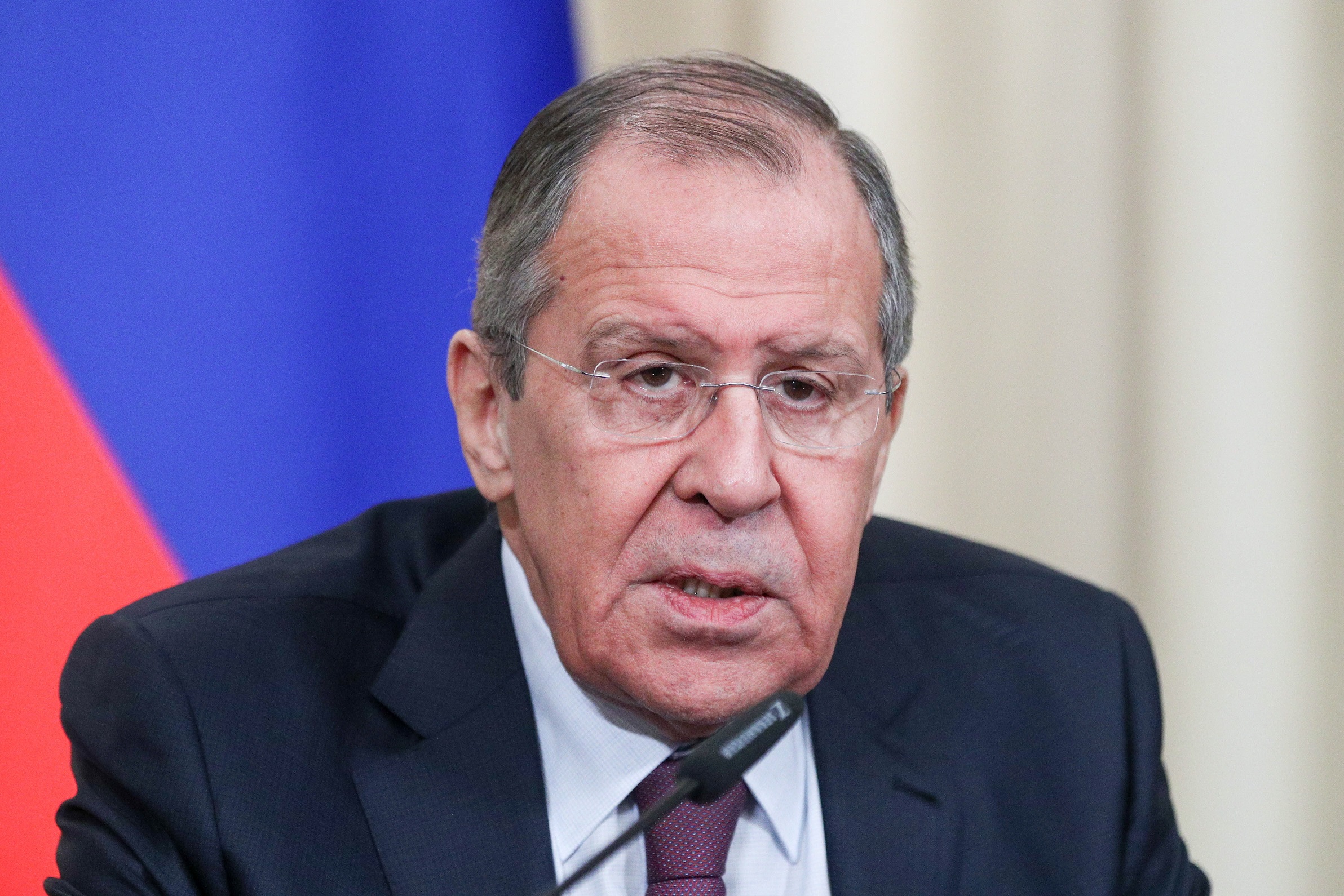ID :
520941
Wed, 01/30/2019 - 13:44
Auther :
Shortlink :
https://oananews.org//node/520941
The shortlink copeid
Russia calls for broader representation of developing countries at UN Security Council - foreign minister

MOSCOW, January 29. /TASS/. Russia calls to facilitate broader representation of Asian, African and Latin American countries at the UN Security Council, Russian Foreign Minister Sergey Lavrov stated on Tuesday during a joint press conference with his colleague from Sierra Leone Alie Kabba.
According to the Russian top diplomat, currently, it is especially important "to reach an agreement on raising the representation of the developing world - Asia, Africa, and Latin America - at the UN Security Council." "This is the key condition of the success of the reforms, and Russia will consider precisely this as the priority of its efforts in this area," the Russian foreign minister stressed.
"Russia respects the position of the African Union and the commitment to build consensus of all member states on this issue. When the time comes to make a decision at the UN level, a consensus or the widest possible agreement close to consensus is of fundamental importance," Lavrov noted, adding that to vote on such a key issue "in hope to get the two thirds of the vote in support of this imposed reform would be detrimental to the Security Council." "This would lead to a deep divide at the UN, and we have to avoid it at all costs," Lavrov concluded.
Kabba also spoke out in favor of the necessity to carry out a UN reform. "A consensus on all key issues is important, on the wording that would form the basis of the reform. The Security Council needs reform, and we plan to work closely with Moscow, coordinating our efforts to promote the agenda further, and to persevere in the interest of all African peoples. Which is why we must apply efforts in this area in cooperation with all UN Security Council members," he noted.
Currently, Sierra Leone holds the chairmanship at the African Union’s Committee of Ten.
The UN Security Council consists of 15 members, of which five are permanent and ten are non-permanent. The permanent members are Russia, the UK, China, the US and France. The non-permanent members are elected by the UN’s General Assembly for the period of two years. Five out of ten non-permanent members undergo re-election every year.
Read more





